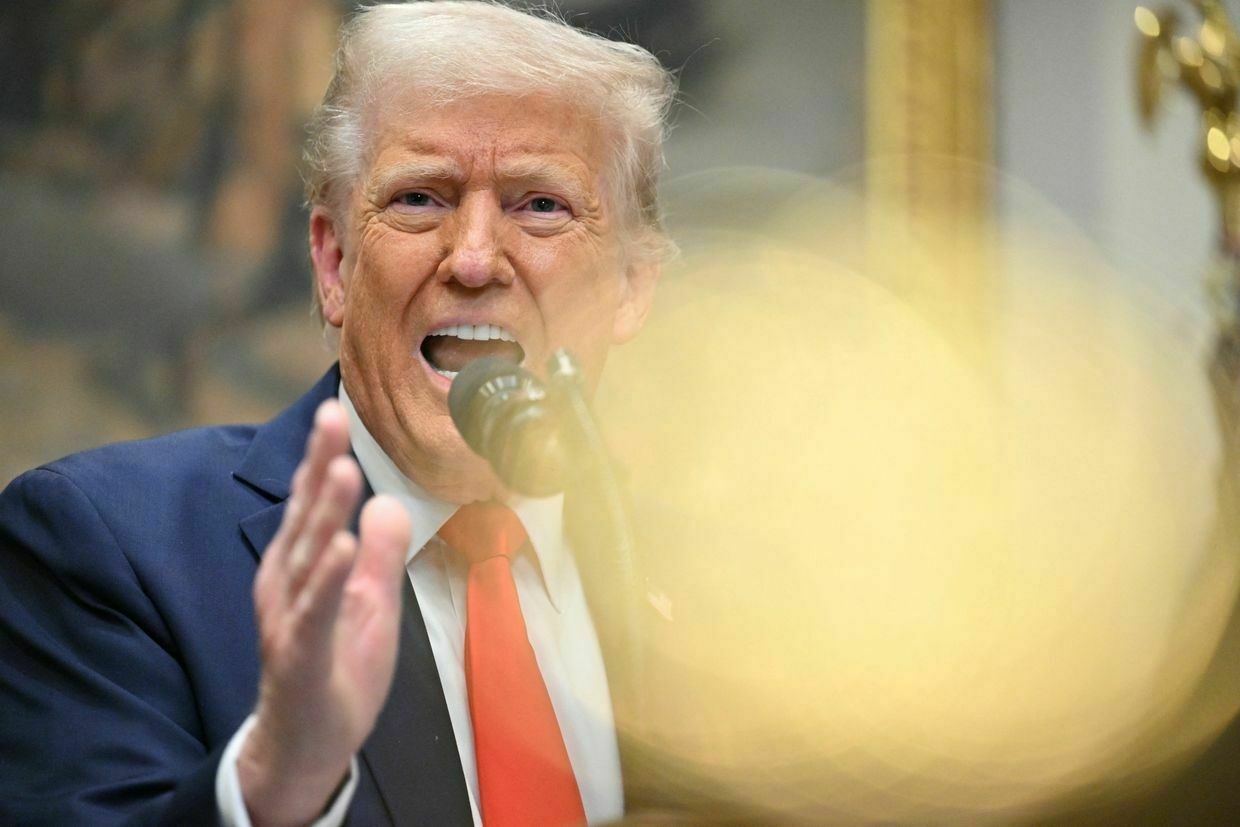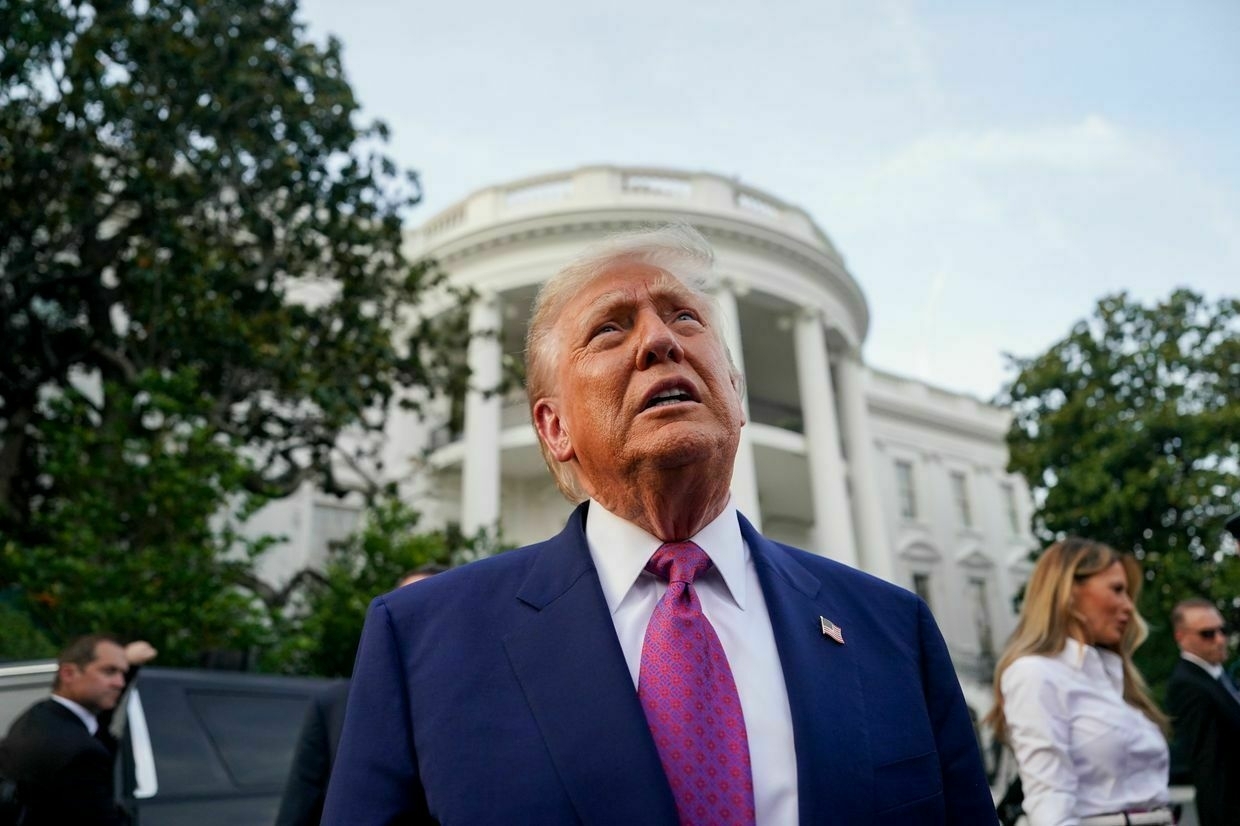
U.S. President Donald Trump addressed a wide range of subjects during his inauguration speech.
When speaking about international relations, he was adamant — “Our power will stop all wars and bring a new spirit of unity,” he said, talking about Russia’s war against Ukraine and the fighting in the Middle East.
Five months into Trump’s presidency, the wars intensify rather than end.
Israel launched a war against Iran on June 13. The war between Israel and Hamas, a terrorist organization running the Gaza Strip, continues, and Russia is stepping up its war against Ukraine.
Trump’s failure to bring peace is a result of his chaotic, incoherent and incompetent approach, analysts say.
Instead of being a genuine intermediary, Trump has pressured Ukraine rather than Russia and actively supported Israel in the multiple wars in the Middle East. And while Trump seems to have chosen a side in each conflict, he has shown a lack of strategy and long-term planning to end each of the wars he follows.
Jenny Mathers, a lecturer in international politics at the U.K.’s Aberystwyth University, told the Kyiv Independent that Trump’s “team lacks expertise and doesn’t listen to those with knowledge of the regions."
“Ultimately, his concern is not a stable or lasting peace but shoring up his own image and reputation and then monetizing these regions to enrich himself and others like him,” she added.
“Trump’s efforts are mostly performative — they might look good at the surface level, but there is very little process behind the effort.”
"This administration's approach to both (Ukraine and the Middle East) also suffers from Trump's personal impatience and his desire for quick results — he wants wins that he can take credit for, with the aim of getting past these messy conflicts and on to the money making."
 The Kyiv IndependentChris York
The Kyiv IndependentChris York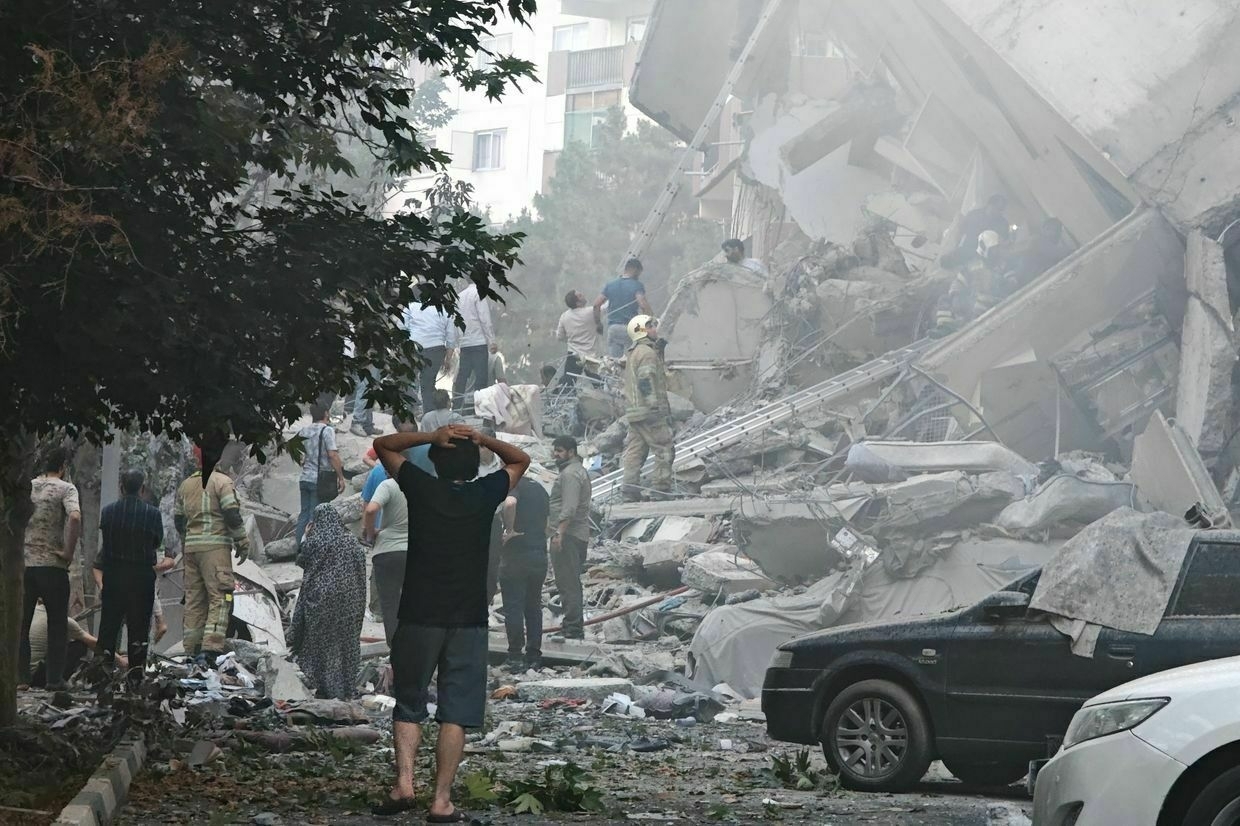
An incoherent approach in Ukraine
One of the problems is that Trump lacks a coherent plan, and his statements and actions are often chaotic and contradictory.
"His approach to peace talks is highly personalized and driven by his own proclivities, rather than an evidence-based policy process," Neil Quilliam, a Middle East expert at Chatham House, told the Kyiv Independent.
"Trump's efforts are mostly performative — they might look good at the surface level, but there is very little process behind the efforts. The traditional offices of state, which would lend substance and credibility to any peace process, have been excluded, and therefore, Trump's statements are empty statements."
Mathers said that Trump "underestimates the complexity of these conflicts and the political, ideological and economic factors underpinning them."
Daniel Hamilton, a foreign policy expert at the Brookings Institution, also argued that "despite his assertion that he is a 'peacemaker,' Donald Trump is ill-at-ease with diplomacy and the kind of sustained attention and engagement that such efforts require."
Steve Witkoff, Trump's Middle East envoy who has also negotiated with Moscow on Ukraine, could not even name the Ukrainian regions illegally annexed by Russia.
"He is so focused on making lucrative deals with Russia and in the Middle East that he cannot comprehend the passions that drive either conflict and so exacerbates existing tensions rather than ameliorating them," he added.
Regarding Russia's war against Ukraine, Trump's aides, including his Ukraine envoy Keith Kellogg, had prepared a strategy before his return to power in January.
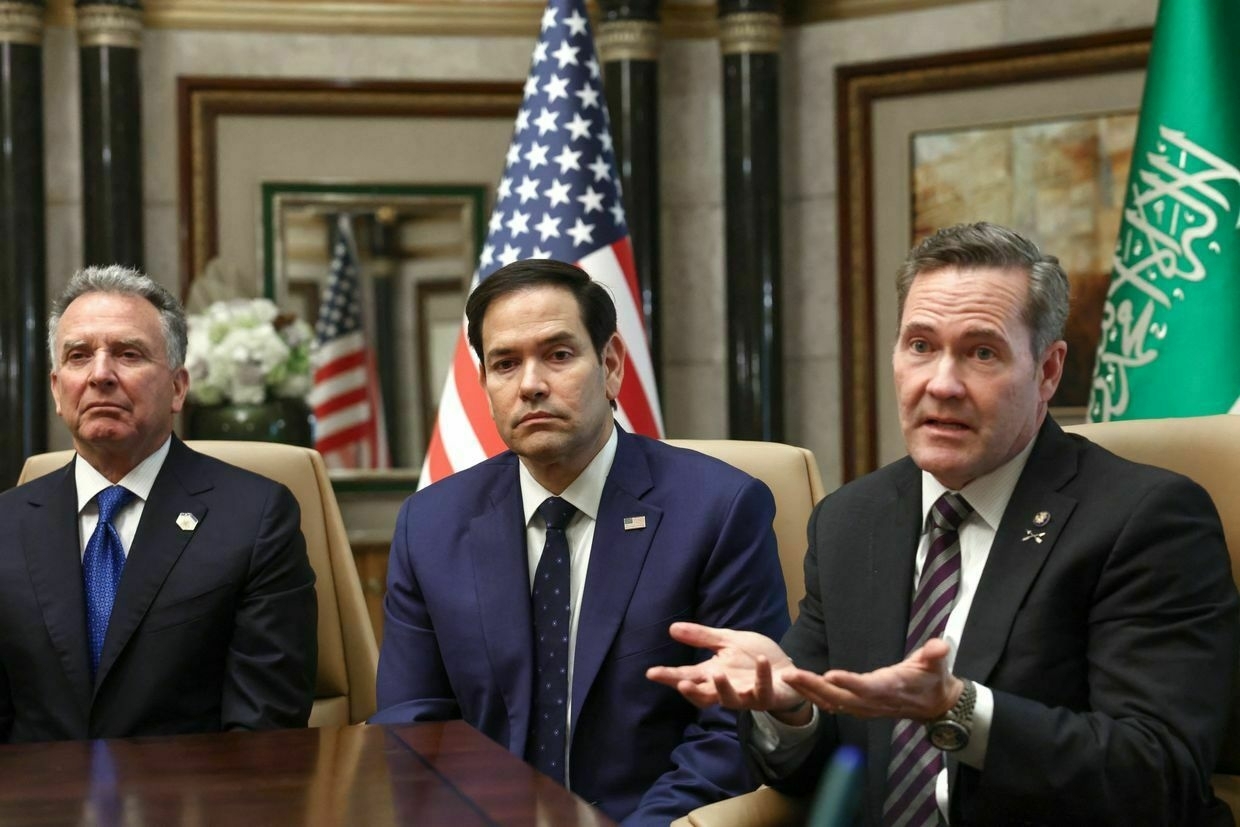
Under the plan, the U.S. would cease military aid to Ukraine unless it agreed to hold peace negotiations with Russia. On the other hand, the U.S. would increase its military support for Ukraine if Russia refused to accept a peace deal.
Instead of sticking to the plan, Trump has refused to increase military aid to Ukraine or sanction Russia despite Moscow's refusal to accept a ceasefire. He has also vacillated between criticizing the Kremlin and praising Russian President Vladimir Putin.
"Part of the problem is that (Trump) sends mixed messages," Roland Paris, a professor of international affairs at the University of Ottawa, told the Kyiv Independent. "U.S. support for Ukraine has been on-again, off-again. He says he wants a peace agreement but also muses about letting Ukraine and Russia 'fight it out.'"
Incompetence has also been a factor.
In a March interview, Steve Witkoff, Trump's Middle East envoy who has also negotiated with Moscow on Ukraine, could not even name the Ukrainian regions illegally annexed by Russia.
He also falsely claimed that residents of the regions had voted for joining Russia in 2022.
Witkoff ignored massive evidence that the so-called "referendums" were held at gunpoint with widespread voter intimidation, that there was no way of monitoring the voting and its results, and that the votes contradicted international, Ukrainian and even Russian law.
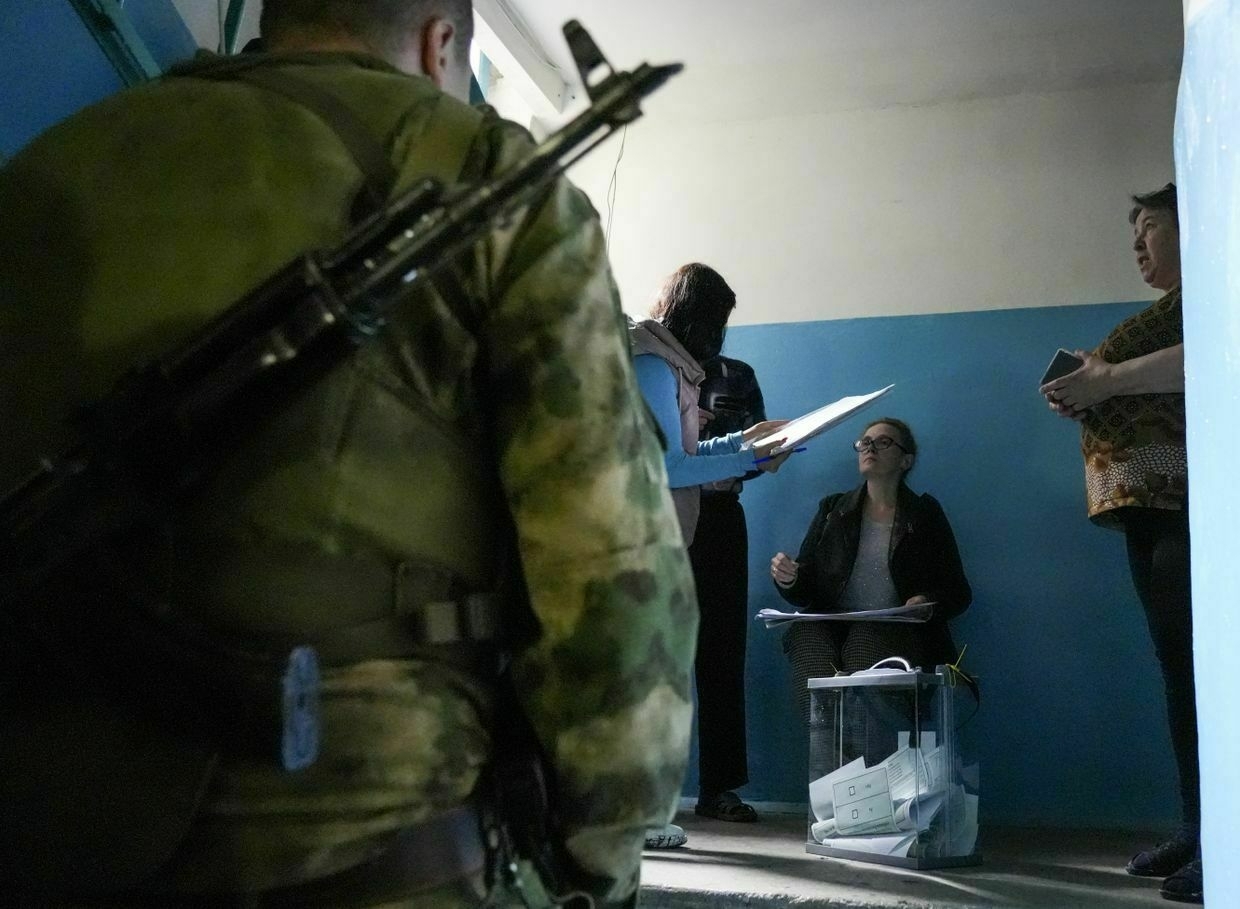
A lack of Middle East strategy
In the Middle East, Trump's team has also lacked any meaningful strategy.
On Gaza, Trump has vacillated between backing an outlandish plan to put the Gaza Strip under U.S. control and expel its residents, supporting Israel's military operation in the area, and brokering a peace deal between Israel and Hamas. The three strategies appeared to contradict each other.
His Iran policy has also been inconsistent.
In 2018, the Trump administration withdrew from a deal on ending Iran's nuclear weapons program reached by his predecessor Barack Obama.
"The Iranians remember very well what happened when they made a deal with the United States the first time — Trump just tore it up in 2018."
This did not prevent Trump from trying to negotiate a similar deal on Iran's nuclear program starting from April 2025.
"I think this track record is something that complicated Trump's attempts to reach an agreement with Iran," Aron Lund, a Middle East analyst at Century International, told the Kyiv Independent. "The Iranians remember very well what happened when they made a deal with the United States the first time — Trump just tore it up in 2018."
Quilliam said that the U.S.-Iranian "talks have hardly focused on substance, and so the meetings to date may have made some progress, but it is largely superficial."
 The Kyiv IndependentOleg Sukhov
The Kyiv IndependentOleg Sukhov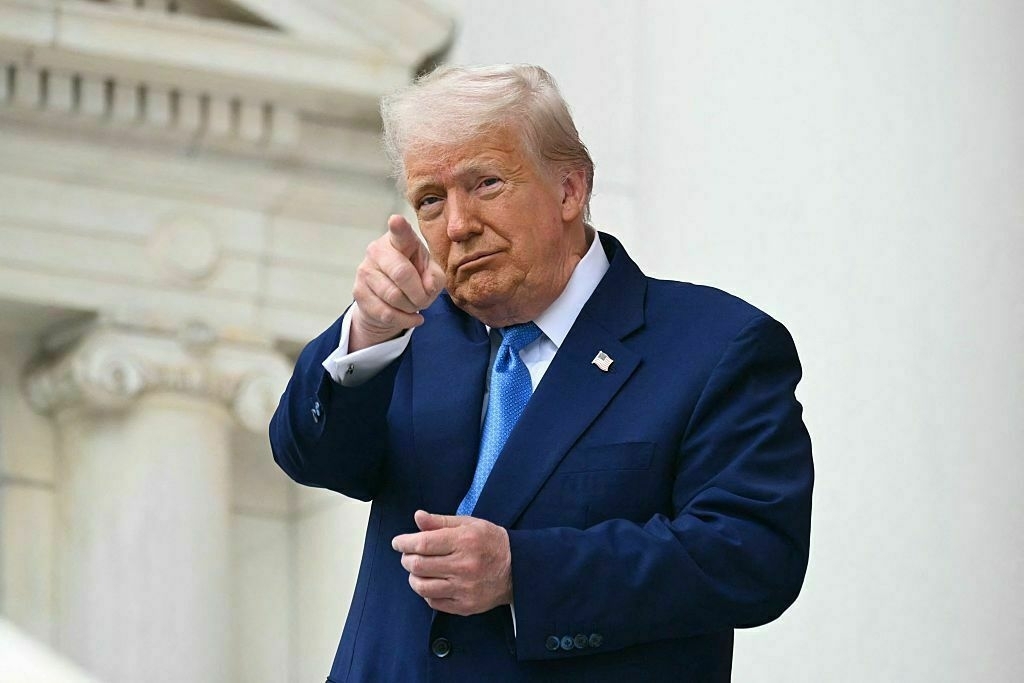
Backing Russia
Another problem is Trump's delusional approach: calling himself an intermediary while backing one of the warring sides.
"I do see similarities in Trump's approach to peace talks in both regions," Mathers said. "In both cases, Trump has clearly picked a side: Russia in the case of the war in Ukraine and Israel in the war in Gaza and now the conflict with Iran."
She argued that, "although Trump might sometimes criticize Russia and Israel, he does not seem willing to go beyond verbal chastisement to taking concrete steps that might push those countries' leaders into changing their course of action, or at least suffering some consequences for continuing to pursue war."
In the Russia-Ukraine War, Trump has consistently favored Moscow and spurned Kyiv.
In February, Trump lashed out at President Volodymyr Zelensky during a meeting at the White House and ordered him to leave the building.
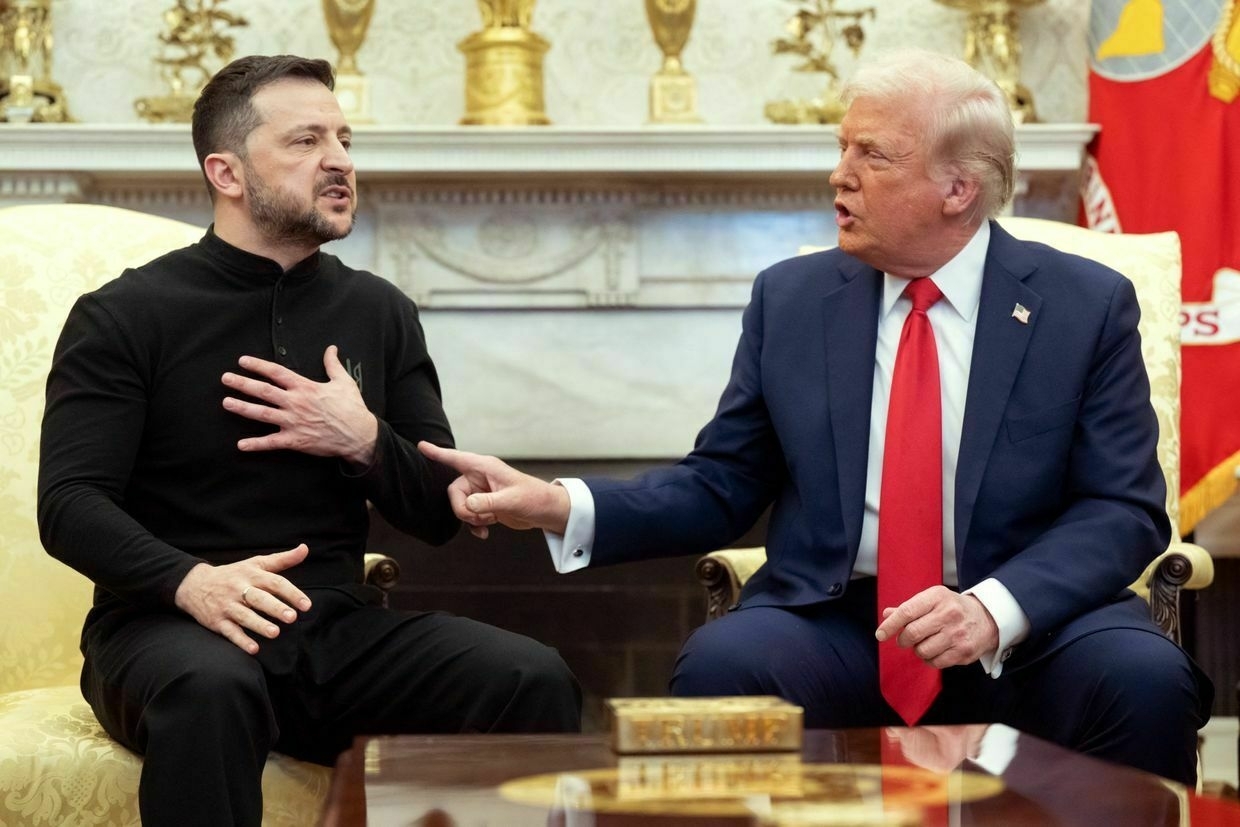
In the aftermath of the clash, Trump suspended military aid to Ukraine in March before resuming it a week later. Although Ukraine keeps getting U.S. aid approved under ex-President Joe Biden, no new military assistance packages have been approved since Trump took office in January.
Trump has also parroted Kremlin propaganda, including the narrative that Zelensky is an illegitimate "dictator."
Despite Russia's refusal to accept a Trump-backed ceasefire, he has so far failed to impose any new sanctions on Russia.
The Trump administration has also expressed readiness to make significant concessions to Moscow, including U.S. recognition of Russia's illegal annexation of Crimea, a ban on Ukraine's NATO membership, and lifting sanctions.
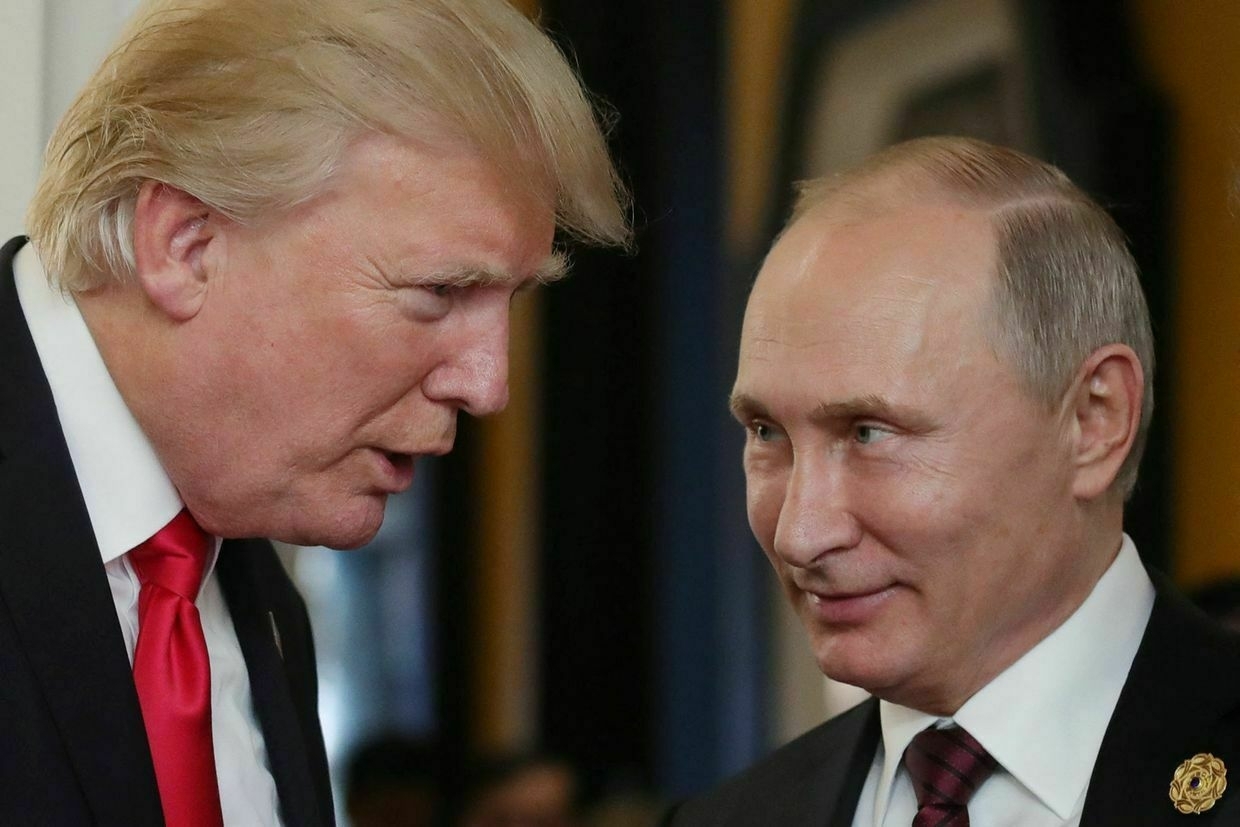
Supporting Israel in the Middle East
Meanwhile, Trump's Middle East policy has favored Israel.
The ongoing escalation in the region started in October 2023, when the Gaza-based Islamist group Hamas, an Iranian proxy, invaded Israeli territory, massacred 1,195 people, and took 251 people hostage. Hezbollah, Iran's Lebanese proxy, also joined the war.
Israel responded by invading Gaza and Lebanon. According to the Hamas-run Gaza Health Ministry, over 57,000 people have been killed in Gaza, although the Kyiv Independent could not independently verify the figure.
In November 2024, Biden's team negotiated a ceasefire between Israel and Hezbollah in Lebanon, and it is still in force.
Before he took office on Jan. 20, Trump's team also brokered the Jan. 15 ceasefire deal between Israel and Hamas in Gaza.
The deal was expected to be implemented in three stages. It envisaged exchanging all Israeli hostages held by Hamas for Palestinians held by Israel and Israel's gradual withdrawal from Gaza.
However, the agreement quickly unraveled as Israel and Hamas accused each other of violating it.
In March, Israel and the U.S. proposed extending the first stage of the ceasefire deal instead of proceeding to the second stage. Hamas refused, and Israel resumed military action as a result.
According to analysts, Israeli Prime Minister Benjamin Netanyahu was reluctant to move to the second phase because it could leave Hamas in control of the Gaza Strip. Israel's key military objective has been to eliminate Hamas to prevent attacks similar to the one carried out in October 2023.
"Israel was not ready for an end to the conflict that involved Hamas retaining a presence in Gaza," David Butter, a Middle East expert at Chatham House, told the Kyiv Independent.
Netanyahu was also afraid that his far-right allies would "blow up" the governing coalition if he fully implemented the ceasefire deal, Butter added.
Trump has not done anything to prevent the deal from collapsing or to resurrect it.
Lund said that Trump's "lack of consistency and follow-up is a huge problem."
"Trump inherited or negotiated agreements in Lebanon and Gaza, and then he just allowed them to fall apart," he said. "Israel has been pushing the envelope on these agreements, or just breaking them outright as we saw in Gaza, and there was no reaction from the White House. U.S. diplomacy related to Gaza is now completely screwed up."
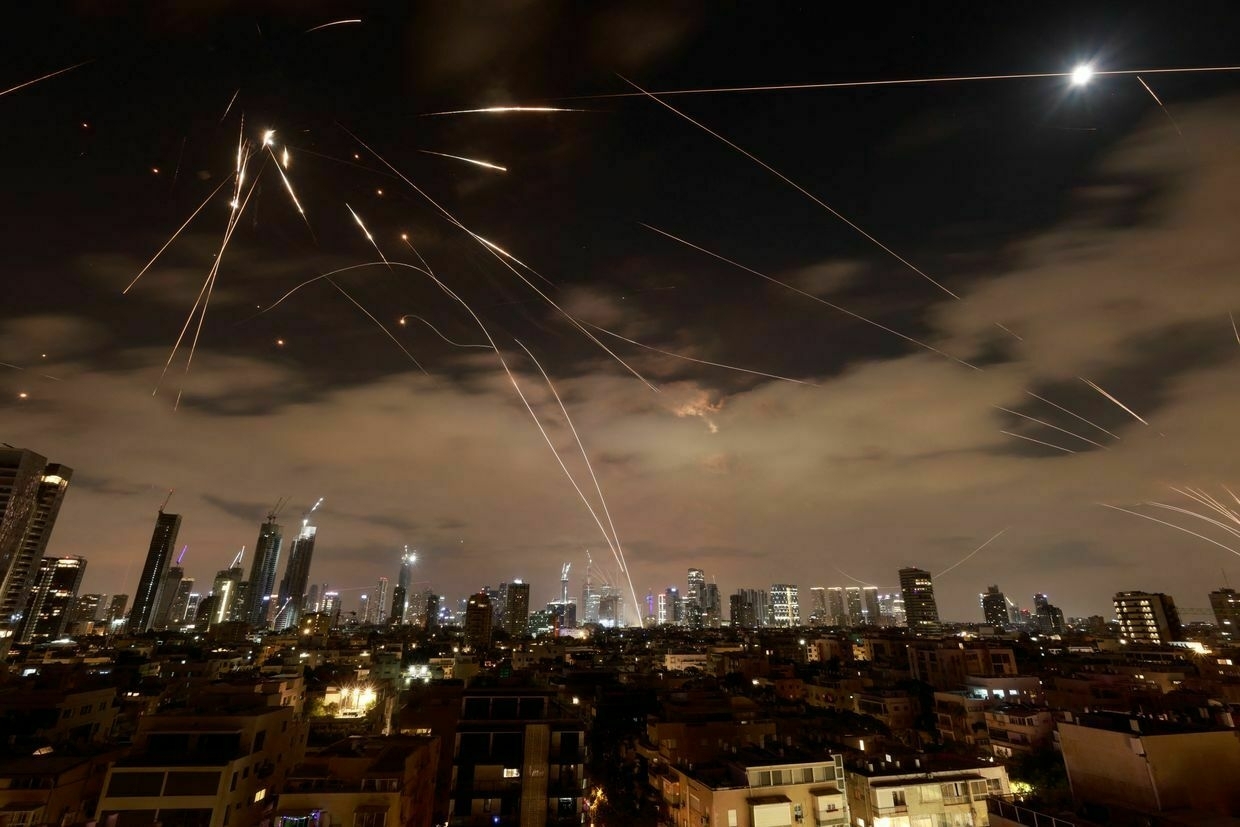
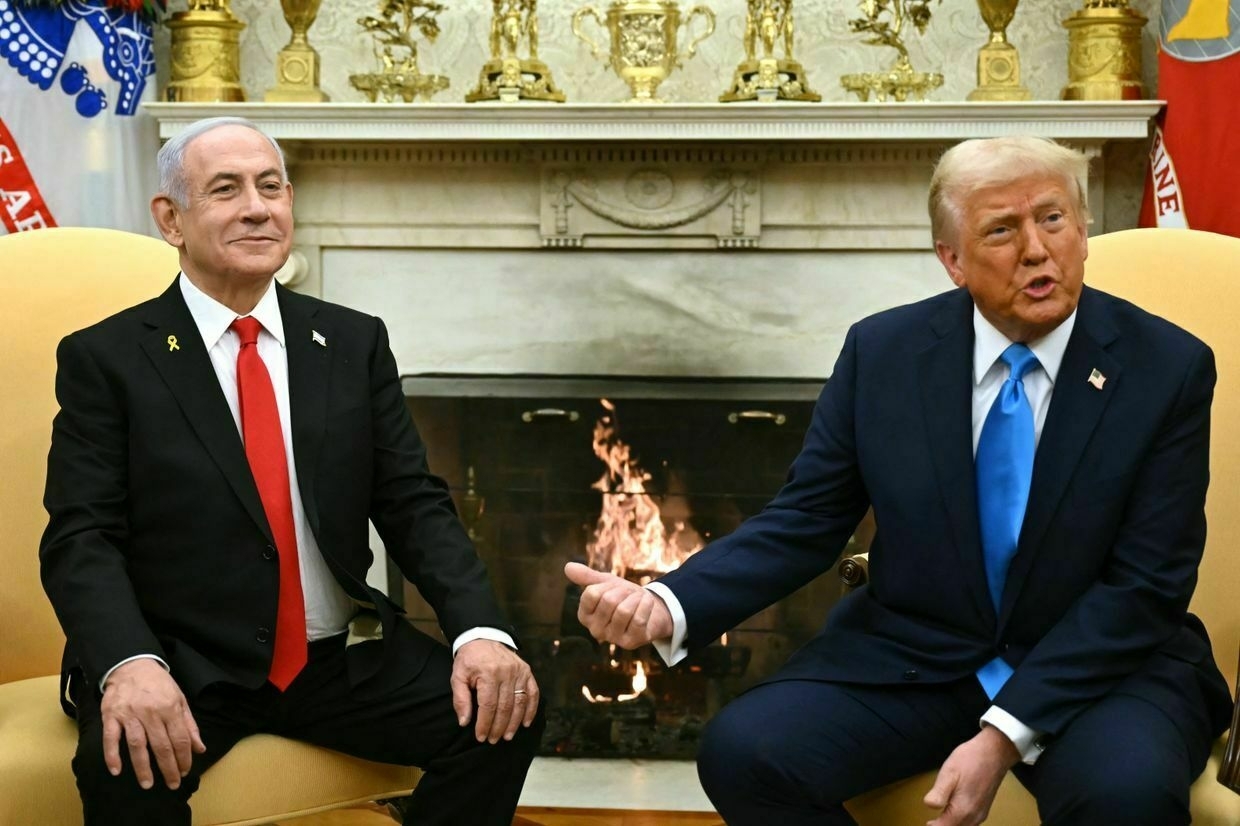
Quilliam argued that "Trump and Witkoff have failed to bridge the gap between the Israeli government and Hamas mostly because their positions are antithetical but also because the U.S. has been unwilling to push Netanyahu to make any meaningful compromise, and the Israeli prime minister knows that he has license to act with impunity."
On the Iran issue, Trump initially tried to act as an intermediary between Iran and Israel and negotiate a deal to end Tehran's nuclear weapons program.
But then Trump appeared to have forgotten his mediation efforts when Israel attacked Iranian nuclear facilities on June 13.
Israel justified the attacks by saying that Iran was on the verge of creating a nuclear bomb. The Israeli government has sought to prevent Tehran from obtaining nuclear weapons as Iranian leaders have repeatedly called for eliminating Israel.
The International Atomic Energy Agency (IAEA) said on June 12 that Iran was in breach of its nuclear non-proliferation obligations, although IAEA Director General Rafael Grossi said in a June interview he had no proof that Tehran was currently developing a nuclear weapon.
Trump fully backed Israel's war effort.
Axios reported on June 17, citing unnamed sources, that Trump was weighing direct military action against Iran, including potential strikes on its nuclear facilities.
The same day, Trump demanded Iran's "unconditional surrender" on Truth Social and threatened Supreme Leader Ayatollah Ali Khamenei.
Lund said that "U.S. partisanship is something Israel's enemies have always complained about."
He said that, before Trump, this partisanship had had some positive effects: "It kept Washington invested in their conflicts, and it gave the United States some leverage over Israel."
"(Under Trump's predecessors) Washington constantly nudged agreements in Israel's direction, but was also able to bring Israel to the table and, sometimes, deliver an Israeli signature," Lund said.
"That's what we're not seeing under Trump, so far. It's just all partisanship and pro-Israel posturing before his domestic audience, with very little actual delivery. There's no sense that Trump will, in the end, slam his fist on the table and say this is the deal, and we're sticking to it."
 The Kyiv IndependentKollen Post
The Kyiv IndependentKollen Post